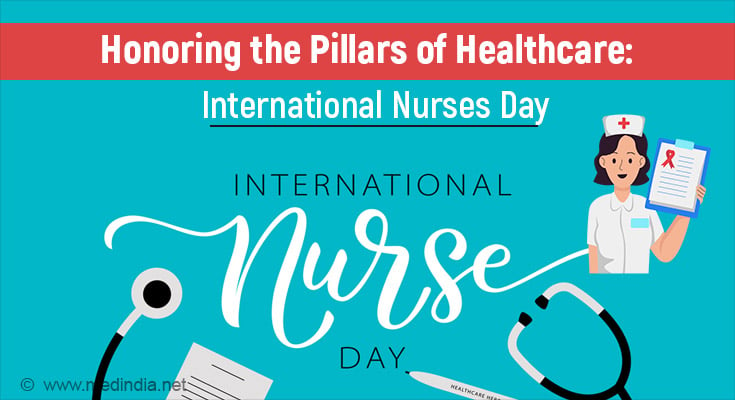“So we thought…what if we take immunotoxins and try to get them to kill collagen-producing cells in the liver,” said team lead Tatiana Kisseleva, MD, PhD, associate professor of surgery at UC San Diego School of Medicine.
‘Antibodies carrying toxic molecules can help to treat liver fibrosis by preventing collagen and scar formation.’
Mesothelin is produced only by cancer cells and collagen-producing liver cells, known as portal fibroblasts. They are rarely present in normal cells.
Using the approach of immunotoxins targeting protein present in cancer cells for patients with ovarian cancer, mesothelioma and pancreatic cancer, the researchers applied the same context in liver fibrosis.
As immunotoxins specifically recognize human mesothelin, a traditional mouse model of liver fibrosis will not work. Instead, they transplanted the human liver cells isolated from patients to mice and treated them with the anti-mesothelin immunotoxin.
Compared to untreated mice, 60 to 100 percent of human mesothelin-producing cells were killed by the immunotoxins, which also reduced the collagen deposition.
Currently, weight loss is the only known method for reducing liver fibrosis associated with non-alcoholic fatty liver disease and alcoholic liver disease is commonly treated with corticosteroids.
These treatments are not highly effective. Early liver transplantation is the only proven cure, but it is offered only at select medical centers to a limited number of patients.
This same strategy can be applied to other organs as the same cells are responsible for fibrosis in the lung and kidneys. It is already known that anti-mesothelin immunotoxins are safe in humans so we can speed up their application in other areas.
Source: Medindia



